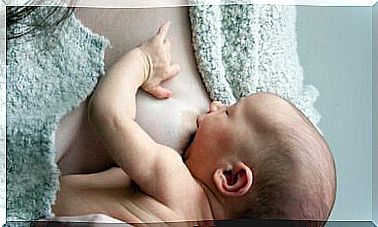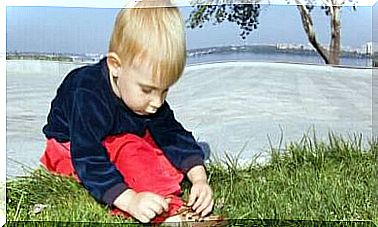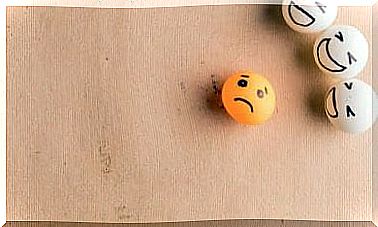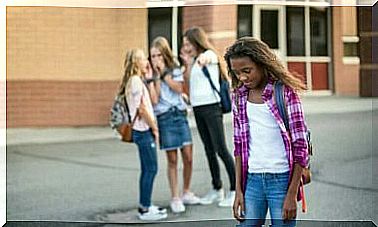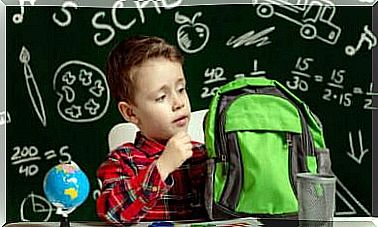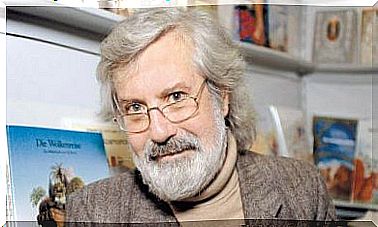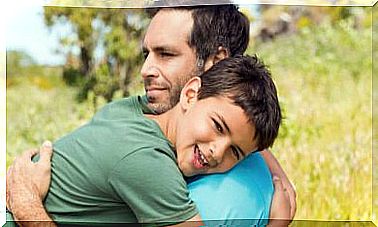I Teach My Kids To Say Thank You, Good Morning And Please

There are many who continue to trust the value of teaching children the importance of saying thank you.
It is curious how in recent years a trend has begun in which the need to “not force” a child to do anything is reaffirmed.
It is intended that the child, by himself, choose the moment when he wants to start a certain behavior, say a certain word or perform an action, as if this would guarantee a more respectful growth and maturation.
However, the classic “laissez faire” cannot be taken to an extreme. As mothers or fathers, we must not forget that we are the best means of providing a child’s proper integration into the world.
We must set an example, strategize, and develop skills to connect with our children at the most appropriate stage. Because each apprenticeship has its time, and we must be able to help children’s development.
Teaching our children to say thank you, good morning and please is not forcing children to do anything. This is not imposing.
It’s making the little ones discover the power that some words have in our society. These are demonstrations of harmony and recognition that must be taught as soon as possible.
Below, we explain further why.
Saying Thank You: The Power of a Word Children Should Discover Early on
A child’s social-emotional development has its “first awakening” between the ages of 3 and 6 years. It is at this point that language development is established according to related experiences.
The child learns from everything he sees, repeats the behavior and reactions of his parents and even non-verbal communication (gestures, movements, attitudes…).
It’s a small step that the child will continue to develop when, once they get past the barrier of “self-centeredness” and begin to recognize their peers, they will approach an enhanced but also more complex emotional maturity.
With all this, we want to make clear an essential aspect: as parents, we must always act by being the best role model for our children.
This is where the value of a “thank you” takes on an unparalleled power that we sometimes underestimate.
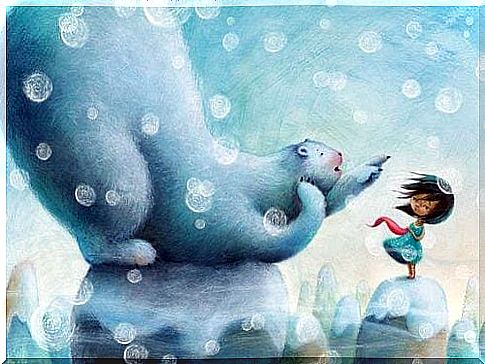
Saying thank you is also understanding that I can’t have everything I want
There are truly despotic children. They are creatures who take as their own all the things they receive and who are fully entitled to act and react as they wish.
- We could no doubt immediately blame the parents for this type of behavior. However, we must also take into account that there are children who are more difficult than others. Taking on this is a challenge, but it is also a responsibility.
- A person’s social, civic and emotional education starts at an early age. Long before a child learns to speak, he understands a lot more than we think.
- It is necessary to work on the children’s frustration. They cannot always – and should not – gain everything they want. And when they win something, it is necessary to instill in them as soon as possible the answer “thank you”.
The positive words that allow us to recognize other people
When a 3 or 4 year old child walks into a store and says “good morning” or “please”, it always draws people’s attention and causes smiles. This is positive behavior that allows the child to connect with others early on.
- It is very likely that at this age she still does not understand how important these expressions are. However, what she will understand is that saying such words, like saying “thank you”, helps anyone to be respected, admired and valued.
- Because a “thank you” is knowing how to recognize the action that others do for us. This type of action, without a doubt, manages to establish the pillars of true empathy. A key aspect of a child’s social and emotional development.
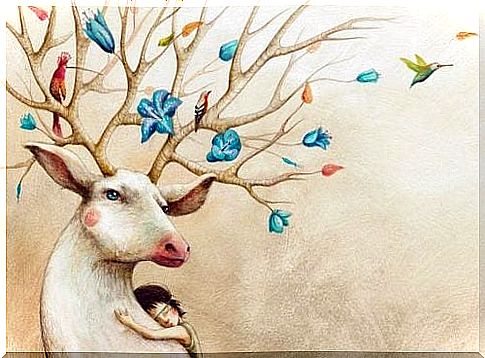
Positive words are contagious
Teaching a child to say thank you, good morning, or please costs nothing and gives a lot of results.
If our children reach school age with these established behaviors, they are more likely to “infect” their peers. It is a model of civility loaded with positivity that builds social relationships.
- Once again, it is necessary to remember the importance that some words have for human beings. An “I love you” or “you are important to me” or a simple “thank you” are not just words. They are expressions that create emotions, a kind of feeling that is born from within and that affects the people we interact with.
- Leading by example, getting a young child to say these expressions will usually make him, day after day, empathize and mature in the environments in which he lives. Not only will she say thank you, she will also demand that others say so.

When she does something for someone, she will expect to receive recognition, she will want to be respected . You will want other people to treat you with the same respect.
All of this is a model that children will learn from us and that, without a doubt, will be of great help in their daily lives.
Now, tell us…. Do you also teach your children the value of these words?
